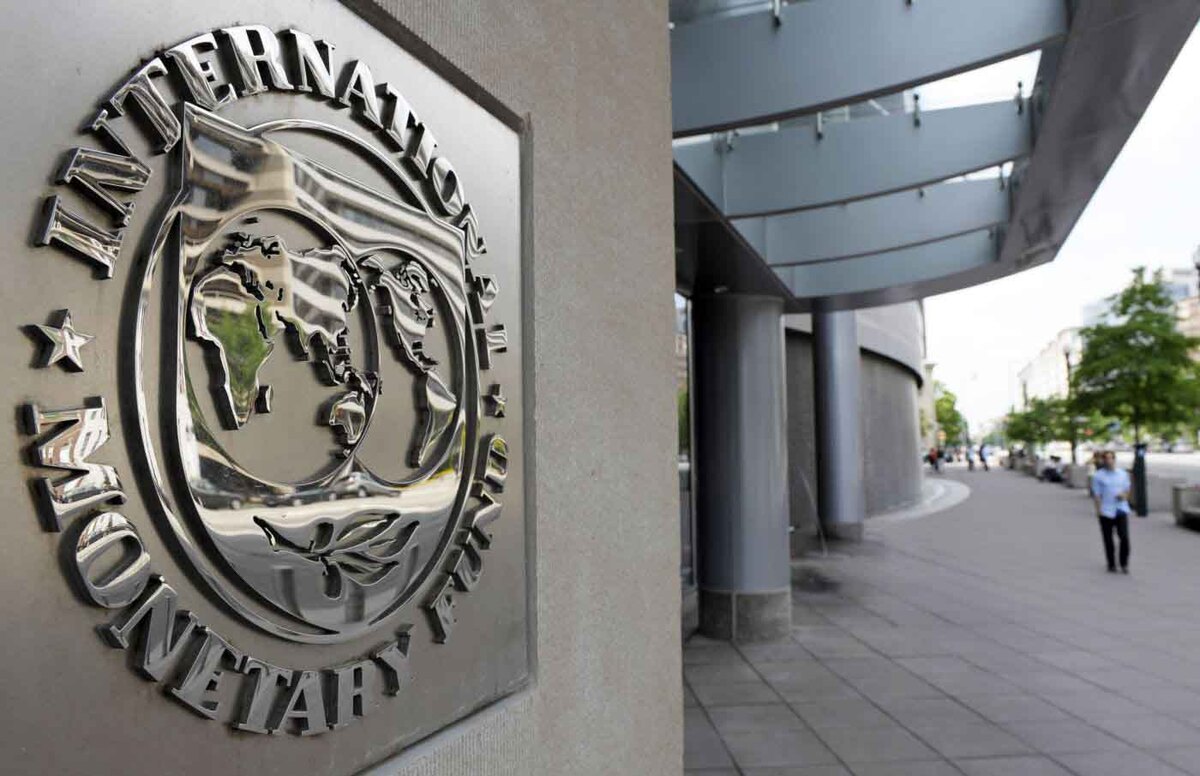AMMAN - (Xinhua) -- The International Monetary Fund (IMF ) mission reached (Tuesday) an expert-level agreement with the Jordanian government on the fifth review of the government's economic reform program supported by the Extended Fund Facility (EFF) agreement.
And Jordanian Finance Minister Muhammad Al-Ississ said, in a press conference with the head of the IMF mission, Ali Abbas, and the governor of the Central Bank of Jordan, Adel Sharkas, that the program signed with the International Monetary Fund is a national program par excellence based on national goals set by the government to raise the competitiveness of the economy to provide jobs and raise the level of economic growth. Transparency and improved financial accountability.
He added that the program seeks to strengthen the social protection network and maintain financial and monetary stability, something that many countries have lost in light of the difficult economic conditions the world is going through, including recession accompanied by inflation during the Corona pandemic and the Russian-Ukrainian crisis.
Al-Ississ confirmed that the government is still up to its commitment and concluded from this review that it will not raise taxes or fees or impose new fees and taxes.
In turn, the Governor of the Central Bank of Jordan said that Jordan's success in completing the review on time for the fifth time represents a clear message confirming the soundness of the economic approach and the stability of the macroeconomic, financial and monetary environment, and that Jordan is "taking steady steps towards economic reform."
He explained that the program aims to support the competitiveness of the Jordanian economy and its ability to attract investments, along with strengthening the social safety net.
In turn, the head of the IMF mission, Ali Abbas, said that during the past two weeks, the Fund's teams worked with government agencies, civil society institutions and the private sector to review the Jordanian macroeconomy.
He added that the prudent fiscal and monetary policies helped maintain macroeconomic stability and continued access to international markets despite the turbulent global economic conditions.
Abbas expected the Jordanian government to reduce the level of the primary deficit (excluding grants) by 0.7 percent of GDP, to reach 3.7 percent in 2022, and the costs incurred by fuel and food subsidies that exceeded expectations will be compensated by rationalizing spending on items that do not represent priority and power. Revenue collection that greatly exceeded expectations.
Abbas said that the Jordanian government confirmed its strong commitment to the rules of financial prudence to reduce public debt to 80% until 2027.
Jordan's public debt balance rose during the first half of this year to 29.16 billion dinars ($41 billion), compared to 28.7 billion dinars at the end of 2021, according to statistics from the Jordanian Ministry of Finance.
The statistics showed that Jordan's internal debt at the end of the first half amounted to 13.89 billion dinars, and the external debt amounted to 15.26 billion dinars.
Thus, the public debt ratio reaches 88.4 percent of the Kingdom's GDP.








Share your opinion
The IMF reaches an agreement with Jordan on the fifth review of the economic reform program